By Ken Paulson –
It would be difficult to imagine a more unlikely group of inductees into the Country Music Hall of Fame than the class of 2022, honored Sunday night in the hall’s annual Medallion ceremony.
One had his career disappear after marrying a 13-year-old girl, who also happened to be a relative. Another’s life was cut short by alcoholism, just two albums into his career. The third was a New York label executive who reluctantly moved to Nashville to work with country artists.
Yet Jerry Lee Lewis, Keith Whitley and Joe Galante all made the kind of impact that leads to country music’s greatest honor.
Jerry Lee Lewis
Lewis, already a member of the Rock ‘n’ Roll Hall of Fame, was unable to attend the Country Music Hall of Fame induction due to frail health, but both the vibrancy and diversity of his music came through loud and clear.
Chris Isaak, accompanied by Jen Gunderman on piano, rocked the room with his take on “Great Balls of Fire.” The McCrary Sisters gamely (and movingly) performed a Lewis arrangement of “My God is Real” that reportedly got him kicked out of a Bible school. Lee Ann Womack drew on Lewis’ post-scandal country career with an outstanding version of “Middle-Age Crazy.”
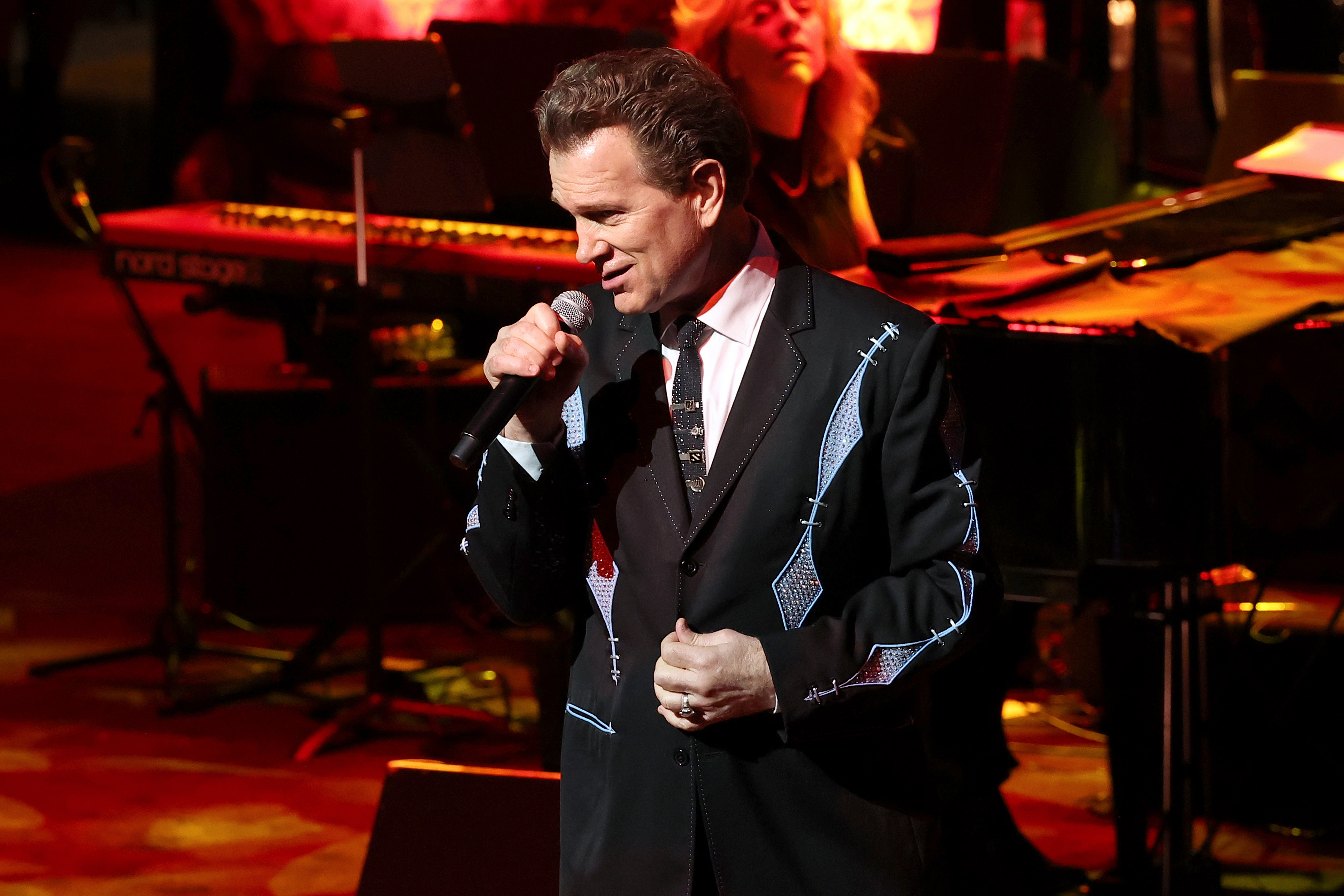
Before his performance, Isaak recalled a Lewis show he saw during the punk era. A group of young men with plenty of attitude pushed their way to the front of the stage just before Lewis’ performance. When Lewis came out, he headed right to the group, staring at them for 90 seconds, before they stepped back.
“The punks just wilted,” Isaak laughed.
The induction was done by Hank Williams Jr., who reminisced about Jerry Lee teaching the young Bocephus a few things about playing rock ‘n’ roll piano,
“Imagine how you’d feel if Jerry Lee asked you to share his piano bench while he played,” Williams recalled. Jerry Lee told me that my father was one of his heroes and if he couldn’t meet his hero, he would meet his hero’s son and teach him how to boogie woogie.”
In his remarks, Williams described the free-spirited Lewis’ most admirable traits, a number of which he found “familiar.”
“Jerry Lee doesn’t walk on stage and politely thank an audience for being there,” Williams said. “Jerry Lee doesn’t ask for your attention. He demands it.”
Williams was joined by the now-retired Kris Kristofferson in unveiling Lewis’ plaque. Politically, the two men are on different planets, but have long shared an admiration for Lewis.
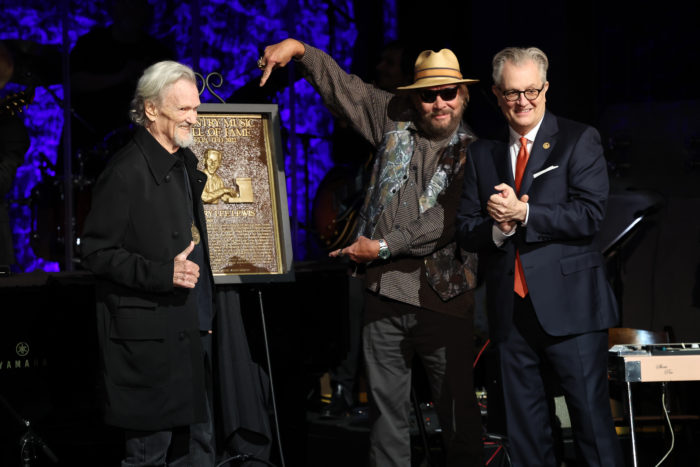
Keith Whitley
Keith Whitley had a brief, but influential career, with just an EP and two albums released during his lifetime. He began as a teen bluegrass player in tandem with a young Ricky Skaggs. Both joined the legendary Ralph Stanley’s band before moving on to solo careers.
It’s a measure of Whitley’s talent that he’s been named to the Hall of Fame despite a recording career that spanned just 4 years before his death in 1989. A number of his biggest hits were posthumous.
Whitley had fans in high places, including Garth Brooks, who called him “one of the greatest voices ever to grace country music.”
Brooks recalled that an early knock on Whitley from country radio programmers was that he was ‘too country.’
“That’s like saying that something’s too good,” Brooks said shortly before performing Whitley’s “Don’t Close Your Eyes.”
Also on hand to celebrate Whitley were Mickey Guyton, who performed “When You Say Nothing At All,” and a trio consisting of Ricky Skaggs, Molly Tuttle and Justin Moses doing a rendition of “Tennessee Blues.”
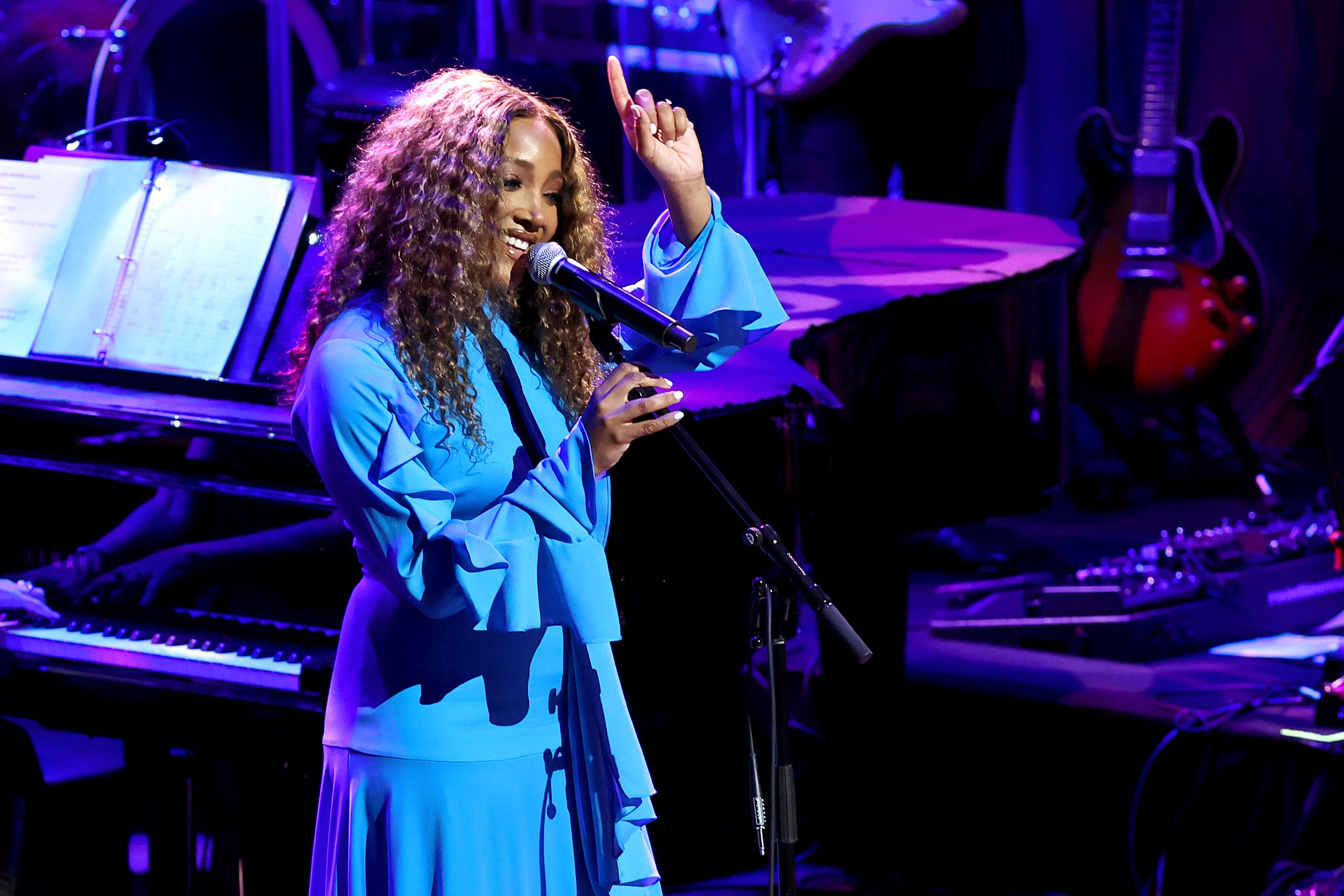
Joe Galante
Joe Galante was recognized for his work helping build the careers of Whitley, Martina McBride, Brad Paisley, Clint Black, Brooks and Dunn, Alabama, Miranda Lambert and Kenny Chesney, with the latter three honoring him Sunday night with performances.
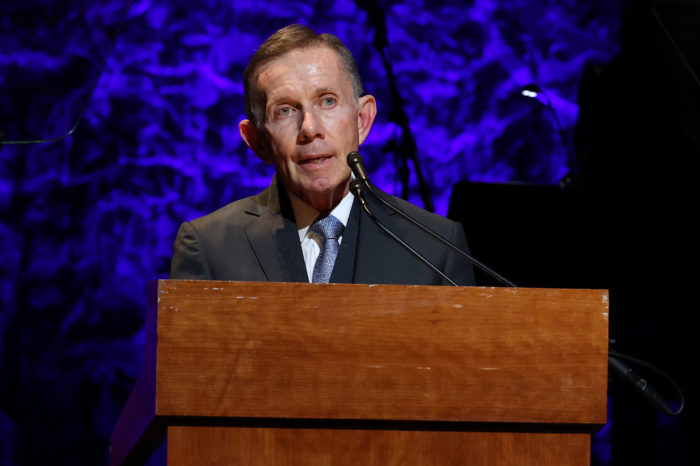
Alabama sang “My Home’s In Alabama,” Lambert performed her breakthrough hit “White Liar,” and Chesney performed “The Good Stuff.”
Kix Brooks presented the award and recalled that he and Ronnie Dunn had concluded that their run as Brooks and Dunn was probably over after an album had lackluster sales. Then Galante told them he wanted to work with them, opening the door for another decade of hits. He was “Joe Frickin’ Galante,” he said of the duo’s decision to continue recording.
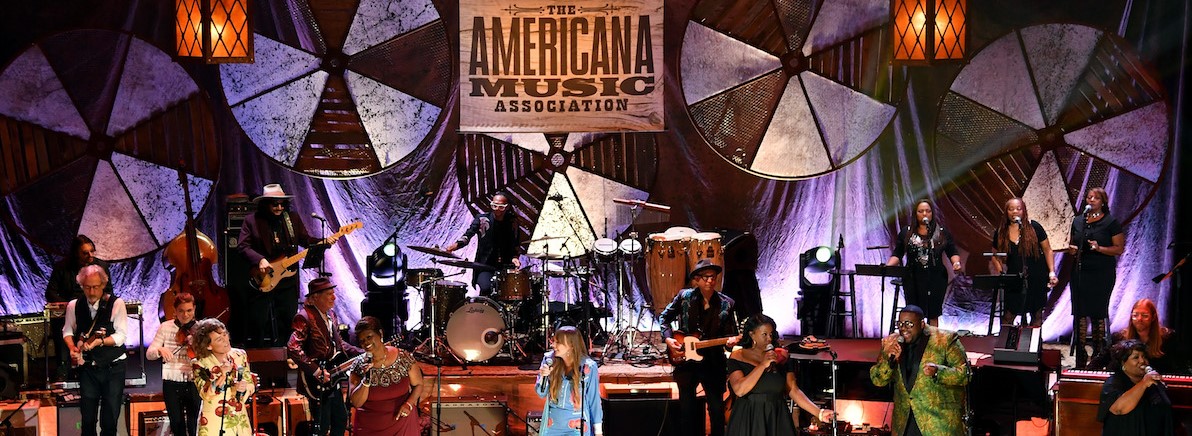
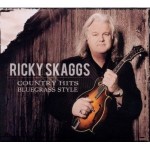 By Terry Roland
By Terry Roland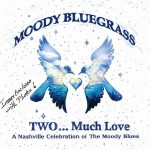 Tickets for the Moody Blues’ March 21 date at the Ryman Auditorium
Tickets for the Moody Blues’ March 21 date at the Ryman Auditorium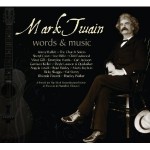 It’s been a good month for Americana music fans who love history. First came the fine
It’s been a good month for Americana music fans who love history. First came the fine